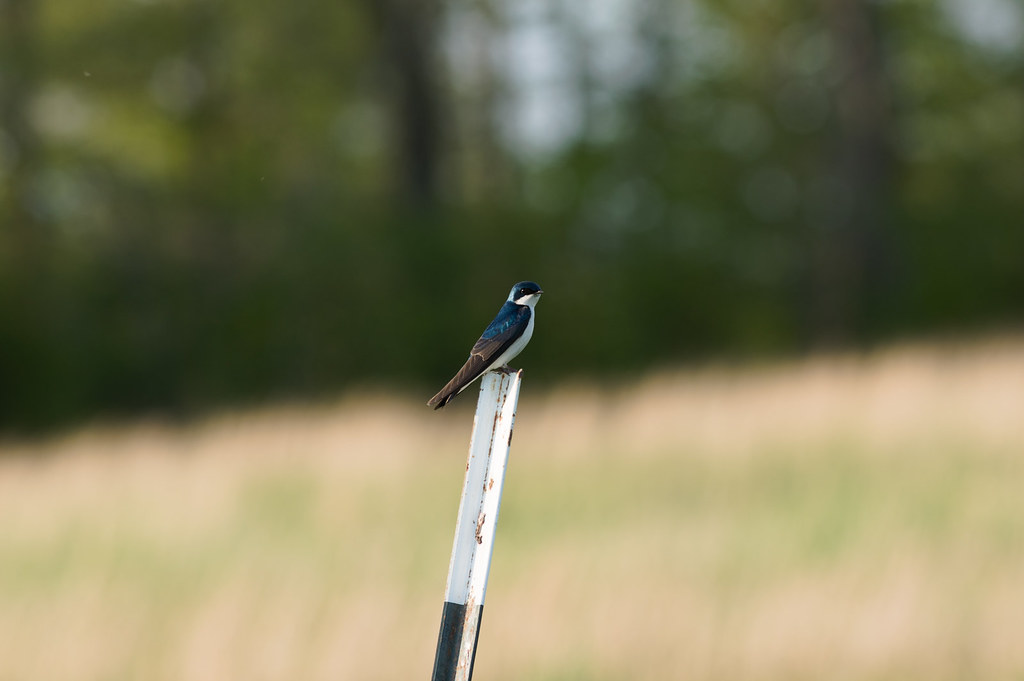 Originally posted by dtmateojr
Originally posted by dtmateojr 
Think about it. Those in here who say that you can never get it right in camera are indirectly saying that every single photo in that thread is not right. There's no hiding that message. It would be interesting to know if the same "experts" posted a photo in that thread coz that would be really funny.
Stop replying to this fool he doesn't read anyones replies or he doesn't understand them or hes just being argumentative.
Ive not seen anyone say what he claims they say. I myself have repeatedly said that if the camera creates an image you can use without changes, then use it without changes.
Yet I am vilified by him as an "expert" that burns all un-postprocessed images as herecy
Never have I seen such an intentionally misleading and argumentative contributor as this guy.
I have refused to attack his comments to date preferring to make my position clear and support it with fact and argument, but people read his drivel who want to learn, and he would have them simply accept what comes out of the camera and make no adjustments to it no matter how trivial or necessary when a few simple changes would make them more pleasing.
It is clear to me now that the guy has little or no experience of real photography, No real photographer who has had to print an image would have the stupidity to say you don't have to adjust an image after you've taken it. Its accepted that you have to calibrate printer and monitor simply to see what your printing correctly, and then you have to make adjustments to the image to get a good print.
If you send it to a print lab they send you instructions how to modify the image to suit their print engine.
Modifying an image is unavoidable in any real world use of an image. Unless your either in a hotel in dubrovnic sending an image over the wire to your daily, and then hey guess what, they change it so they can print it. OR you set your camera up to take jpeg and then take 500 images in a day, you then you don't have time to edit each image, each days work would generate 2 months of editing, so you don't edit them, you just add them to your library on disk and never look at them again. And then you claim, "I get it right in camera".
I think that's what this guy does. Im wondering how many hundreds of thousands of pale lifeless snapshots he has littering his hard drive.
The need to modify and enhance an image to alter its look for whatever reason is a fundamental need and its why editing software has flourished and its why camera manufacturers give you the software free with the camera. They know you need it.
I don't think this guy has any experience of real photography but I do, and ive used digital cameras since they were first put on sale, from 2 megapixel up. All of them needed enhancing. Focus was always poor due to the anti-aliasing filter and sharpening always had to be applied. Brightness had to be tweaked as did a few settings like contrast and saturation or the print looked flat.
Im saying this not for the benefit of the fool hes a lost cause, and no doubt will attack me in a new post, im saying it for the benefit of beginners who might read this thread and be mislead by his idiotic ramblings mis statements and general stupidity.
I will say this one more time for the benefit of any real photographer who wishes to improve and is just starting out.
set up your camera to take the best image you can
look at the image in editing software
if it looks fine and your happy with it, don't change it
if it needs a change like brightness contrast saturation, then make the change.
In other words, as I have said 3 times before:-
If you don't like the way the image looks post process it.
If you like the way the image looks don't post process it


 Similar Threads
Similar Threads 










 )
)
 . The main point of his argument steering beginners away from raw seemed to be to avoid relying on raw to correct sloppy shooting errors. I've never seen anyone argue otherwise. Sure many will rightfully say that raw has more leeway to fix mistakes, but I've never seen anyone advocate sloppy shooting because it can just be fixed later. As a warning for beginners, it's definitely a fair point and a trap that's easy to fall into. I may have been different but whenever I sat down to edit images I always reflected on how I could have done it better in camera so I have a better file to work with next time (I still try to give this thought).
. The main point of his argument steering beginners away from raw seemed to be to avoid relying on raw to correct sloppy shooting errors. I've never seen anyone argue otherwise. Sure many will rightfully say that raw has more leeway to fix mistakes, but I've never seen anyone advocate sloppy shooting because it can just be fixed later. As a warning for beginners, it's definitely a fair point and a trap that's easy to fall into. I may have been different but whenever I sat down to edit images I always reflected on how I could have done it better in camera so I have a better file to work with next time (I still try to give this thought).




 Post #22 by Parallax
Post #22 by Parallax








